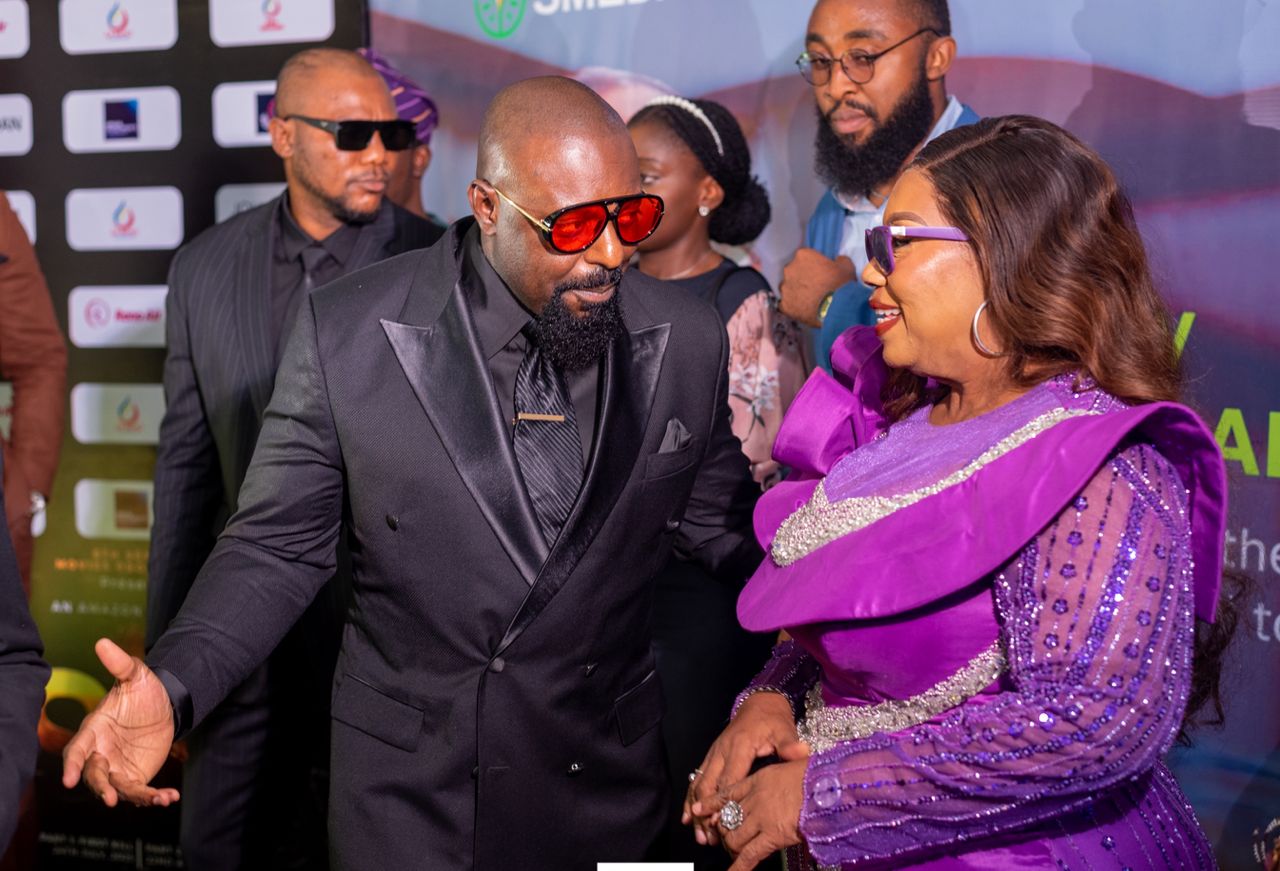Three Years Completion Of Digital Switchover Is A Joke, Experts Tell FG

Many broadcasting industry experts and stakeholders have described as fantasy the Federal Government’s projection that the country’s Digital Switchover (DSO) will be completed in three years.
Two months ago, at a press conference to unveil members of the Ministerial Task Force on the DSO, Alhaji Lai Mohammed, Minister of Information and Culture, said the body now have all it needs to complete the programme, which has endured a three-year hiatus on the back of many disruptions and inability to meet two deadlines.
The Minister’s optimism was based on the approval of the Federal Executive Council’s (FEC) approval of the sum of N9.4billion as outstanding payments to major stakeholders in the DSO programme.
“With the payment approval by FEC, and with 31 states to cover, we have our work cut out for us. We have no more excuses for not rapidly rolling out the DSO across the country, hence my decision to set up an a13-member Ministerial Task Force, which I will personally chair, to take charge of the rollout,” the minister announced
Also, over the weekend, when he led the Ministerial Task Force to visit Governor Babajide Sanwo-Olu of Lagos State, the Minister announced that the programme’s second phase will begin in the state with a rollout on 29 April and switch off on 30 October. He had earlier stated that rollouts and switch off will follow in Kano, Yobe, Rivers, Gombe states.
Industry experts are, however, of the view that the minister’s projection on the programme’s completion in three years is far-fetched, given a number of issues that are unlikely to be resolved within the time projected.
Attoh Akende, a Makurdi-based broadcast expert, identified the smoke of corruption that has hung over the programme as the biggest hurdle on its path to completion. He noted that the programme was rocked by the widely publicised N2.5billion money laundering scandal, allegedly perpetrated by a suspended Director-General of the National Broadcasting Commission (NBC), who paid the sum-in 2017-as seed grant to a company ineligible to be paid such.“Those named in the scandal are still in court where they were dragged by the Independent Corrupt Practices Commission (ICPC), which traced the money to various personal accounts. The minister gave approval for the payment, but was listed only as a witness, surprisingly,” Akende said, adding that the recently approved sum for payment may not be better managed.
Similar sentiments were expressed by Dominic Omuedi, a Warri-based expert who noted that most of the companies paid in the programme’s first phase cannot account for the money they got, the reason there is a dearth of DSO infrastructure. Omuedi argued that the inadequacy of critical infrastructure makes the projected completion period a product of hollow optimism.
“Before the DSO programme screeched to a halt in 2018, very little had been done in terms of infrastructure. Up to now, there is no sustainable Digital Terrestrial Television (DTT) coverage in places where the DSO pilot took place. Plateau, Enugu, Osun, Kwara, and Kaduna states as well as the FCT, the pilot locations, have partial coverage. As such signal for Free TV, the NBC’s DSO vehicle, are receivable only in the state capitals. How do they expect to cover everywhere in three years?” he asked.
A similar gap exists in the availability of Set-Top-Boxes (STBs), which is needed for the conversion of analogue TV signal to digital. According to the minister, the country requires 24 million STBs. Jude Nnogo, an Asaba-based digital engineer, local capacity for STB manufacture is non-existent. He also disclosed that the 800,000 STBs used for the pilot phase were imported by companies supported by the Federal Government.
“Some companies claim they have manufacturing capacity, but have produced no STB till date. Not one. Even the ones that claim to have the capacity to assemble locally have lack finance to do so. They are waiting for government handout. Of the 800,000 imported at N10billion, only 300,000 are active. Without STBs, there is no conversion. Three years? That’s fantasy,” he said.
Like Omuedi, Nnogo also identified the lack of DTT coverage as a major hindrance, saying the two licensed signal carriers, both of which received a total of N4.2billion from the government as seed grants, have inadequate capacity for the functions assigned to them.
“One of them has only one transmitter in each of the states used for pilot in the first phase. The other relies on the transmitters of a major DTT operator and has presence in only four states. How can these provide nationwide DTT coverage? Many African countries have completed their own digital transition programmes, but because of corruption and unseriousness, we are just faffing around,” said Nnogo.
The country’s digitisation process took off in 2008 with the inauguration Presidential Advisory Committee (PAC) on Transition from Analogue to Digital Broadcasting in Nigeria. The panel presented its report in 2009, but there was no follow-up until April 4, 2012 when the Federal Executive Council (FEC) released a Whitepaper, recommendations of which were not acted upon, making the country miss deadline after deadline

















